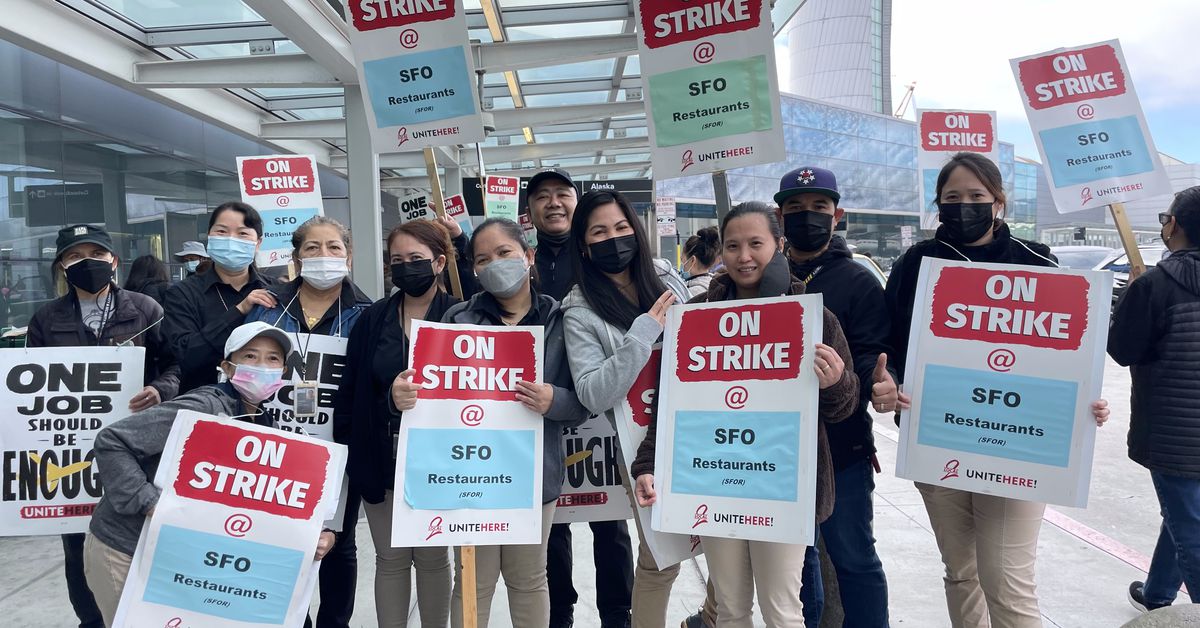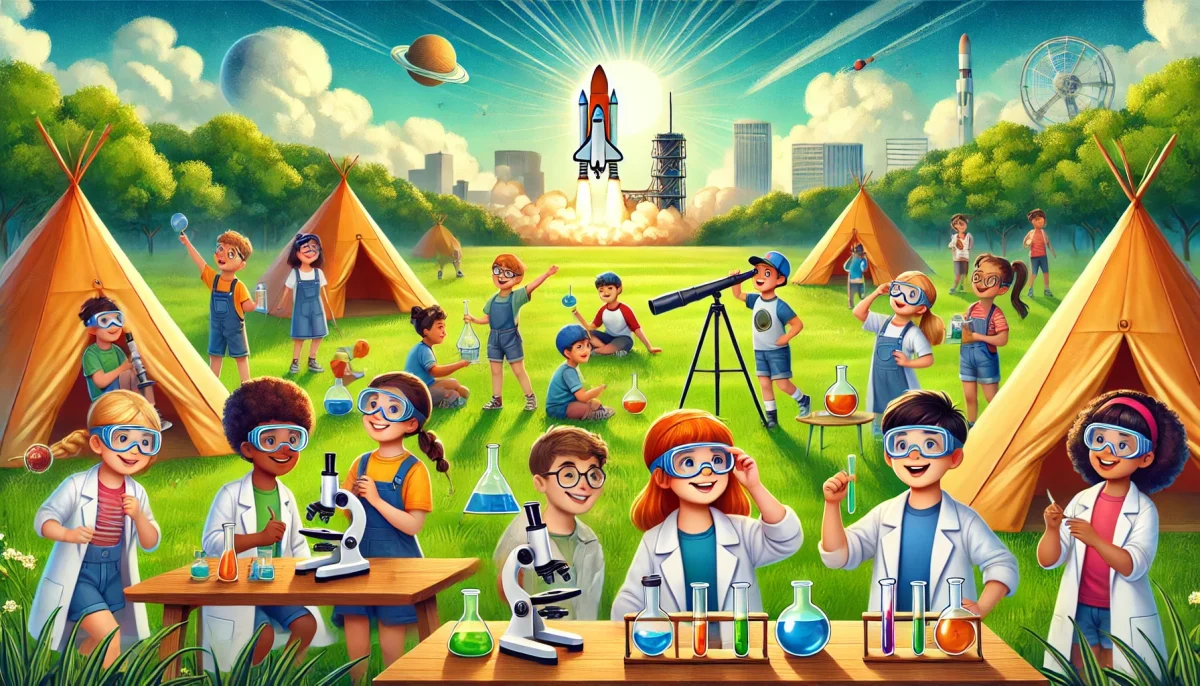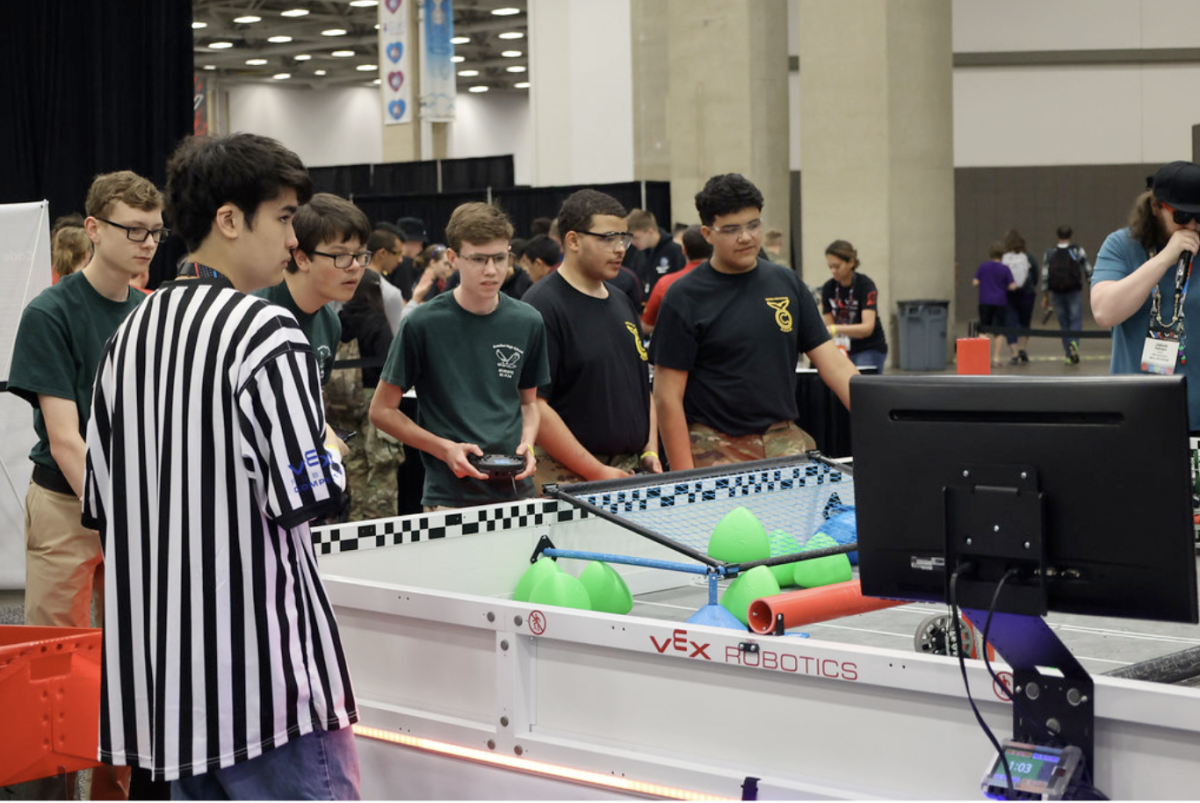Mechanical dystopia with a dash of murder and lost romances. I’m sure you’ve heard all these words before; they’re not uncommon topics. Personally, I haven’t indulged in the world of shady apocalypses, so I may not be qualified to convince you how incredibly written this show is, but I can be qualified to tell you one thing: it has Rebecca Ferguson. So perhaps I have nothing to compare this incredibly addicting show with, but I’ve already given away the best part.
Let me start you off. By definition, a silo is a tower or pit on a farm used to store grain, or an underground chamber in which a guided missile is kept ready for firing. Just by looking at these two definitions, you’d imagine the interior of a silo would be completely barren of people and creatures. In Graham Yost’s Silo, however, ten thousand people are living and thriving in one underground storage unit. Farms, electricity, schools, apartments, they all exist in this functioning society. There is a written constitution (the Pact), a form of government, and a social hierarchy (determined by what floor you live on amidst the hundreds of floors in the Silo). The one law of the Pact that the Silo is centered around is simple: Do not say you want to go outside or you will go outside.
How do the Siloans even know of an outside world in the first place? A small camera on the top of the Silo shows a singular scene: a dark hill tinted with blue—an appearance that makes people shiver at the thought of going outside.
And that’s the catch.
The world as we know it can be quite gloomy, yes, but there are wonders and spectacles and astonishingly appealing attractions—ones that, if we haven’t seen for ourselves, are shown to us in books and pictures on the internet. The people of the Silo have never seen such things. Some ponder, some fantasize and everyone thinks about it, but only a select few follow through in an attempt to quench their raging curiosity. The suspicions they have of Silo’s authoritarians encapsulate their mind and drive them insane until they say those dreaded, deadly words. There will be a short but frankly dramatic process of releasing the ones who utter the words “I want to go out,” including each of them being supplied with a bit of wool that can be used to clean the camera if they wish to do so. If the outsider cleans the camera, the view of the hill enhances for the ones inside the Silo, which obviously brings out a chorus of cheers. But once the outsider takes a few steps up the hill, they begin to stagger, struggle and finally collapse—cheers suddenly turning to silence as the crowd in the Silo quietly bid their goodbyes. Essentially, no one gets up the hill. Ever.
This is shown in the first few episodes where the sheriff of the Silo and his wife, Allison, live a happy, almost fulfilling life in which they constantly try to get approval from the higher-ups to have a baby. When approval for the baby comes, they try and they try but to no avail, eventually discouraging Allison completely, and they give up. During this time, Allison does an IT job for George Wilkins, an avid computer nerd who’s obsessed with the time before the Silo. After some illegal activities and startling discoveries, Allison is dead set on going out to see the outside world for herself. She collapses, like everyone else, leaving her husband grieving and broken, desperately on the search for answers.
Ok, ok, ok, we covered all that and not once has there been a mention of our most favorite, dearly beloved, Rebecca Ferguson.
Ferguson plays the role of Juliette Nichols, a stoic but soft-hearted mechanic who maintains the generator down on Floor 1. After losing her mother to suicide, her brother to heart complications, her father to the grief of it all, and her lover, George Wilkins, to what she believes was murder, the detrimental curiosity that affects those few Siloans plagues Juliette’s mind. Since her boyfriend was a hardcore wonderer, she quickly became influenced by his dangerous tactics to find out the truth. As soon as he (apparently) cracks the code, he goes and “kills himself,” leaving her with a million clues and countless loose ends.
The place where the two worlds collide—a low-level but persistent mechanic and a team of authoritarians—is what the show is all about. Still sounds like an ordinary dystopia? I’ll give you my opinion: many elements of the show may have been replicated or feel stereotypical, but what makes Silo so worthwhile is it leaves you with a thousand more questions, rather than all of the answers. It’s one of those shows that really make you think, and entertainment like that doesn’t come around very often.














![Teacher [Milk] Tea: Part 2](https://bisvquill.com/wp-content/uploads/2024/03/Screen-Shot-2024-03-19-at-9.28.48-PM.png)
![Teacher [Milk] Tea: Part 1](https://bisvquill.com/wp-content/uploads/2024/03/milk-tea.png)

































